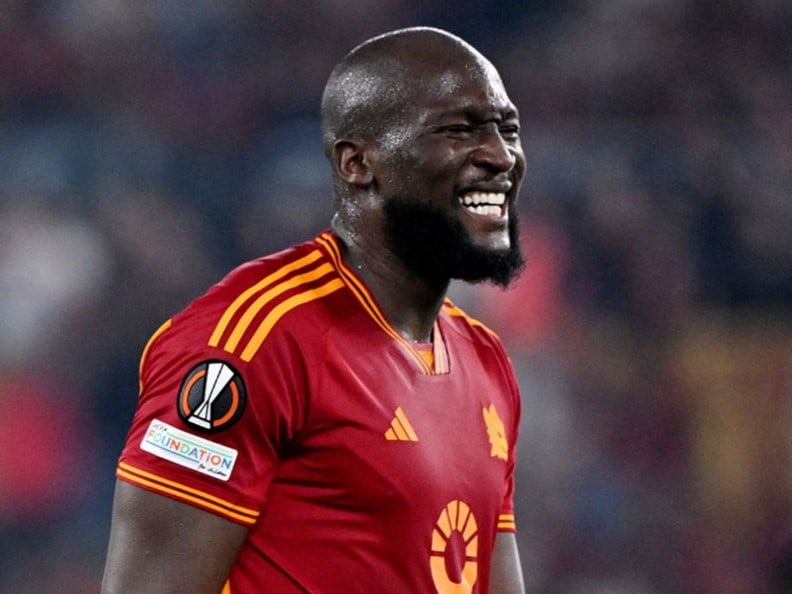The Turin Public Prosecutor’s Office is advocating for the closure of the case surrounding the racist abuse endured by Romelu Lukaku during last season’s Coppa Italia clash between Juventus and Inter. On April 4, 2023, at the Allianz Stadium, Lukaku faced racist chants, prompting the Belgian striker to be sent off in response, an incident that stirred widespread controversy. The match concluded in a 1-1 draw, with the racist abuse against Lukaku taking center stage in post-match discussions.
Identifying more than 150 Juventus fans as responsible, the club took swift action by imposing sanctions on the culprits before reporting them to the Turin Public Prosecutor’s Office. Subsequently, an official investigation was launched to scrutinize potential criminal aspects of the incident, given the gravity of the racial abuse suffered by the Inter forward.
Turin Public Prosecutor’s Decision, Legal Rationale, and Criticism
Recent developments highlight that the Turin Public Prosecutor’s Office has recommended closing the case, acknowledging the occurrence of racist chanting against Lukaku but asserting that it falls short of constituting a criminal offense. In explaining the decision, Davide Petti referenced established case law, emphasizing that guttural sounds, such as monkey-like howling, are recognized as clear indicators of racial discrimination.
Petti shed light on the rationale behind the decision, pointing out that the conduct was perpetrated by a multitude of individuals who appeared to influence one another. The brief duration of the behavior, coupled with its origin in sports rivalry (fans of the opposing team), led the office to categorize the act within the scope of Article 131 bis of the penal code. Despite deeming the behavior inappropriate, the office justified the case closure based on the “particular tenuousness of the fact.”
However, the decision has not been without criticism. Some argue that the response may set a precedent for tolerating racial abuse in sports environments, questioning the adequacy of existing legal frameworks in addressing such incidents and promoting accountability within football communities.




